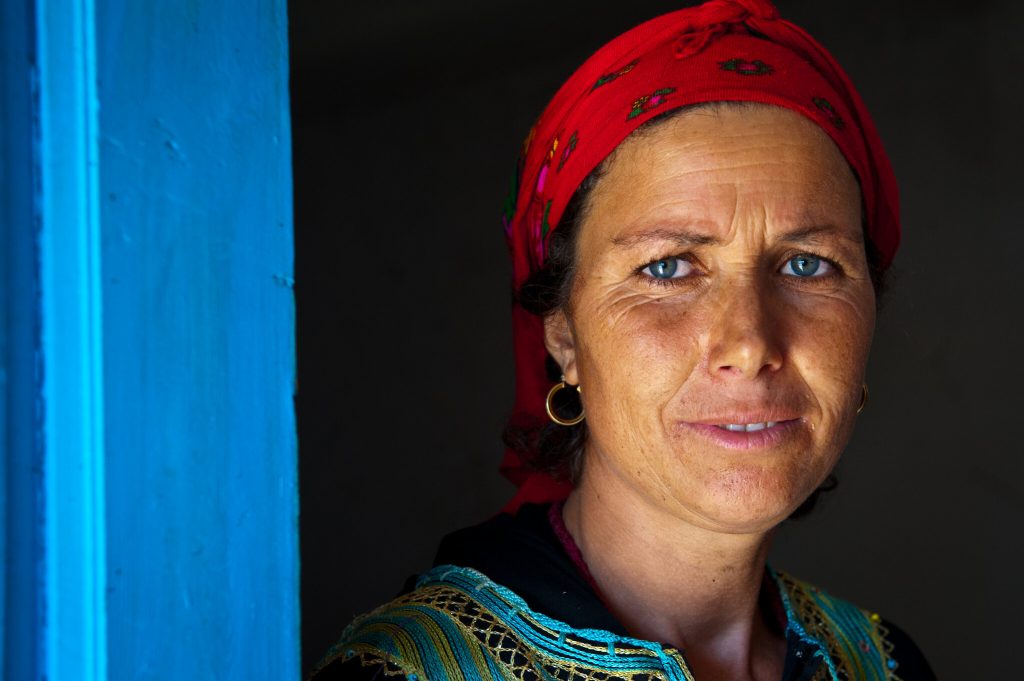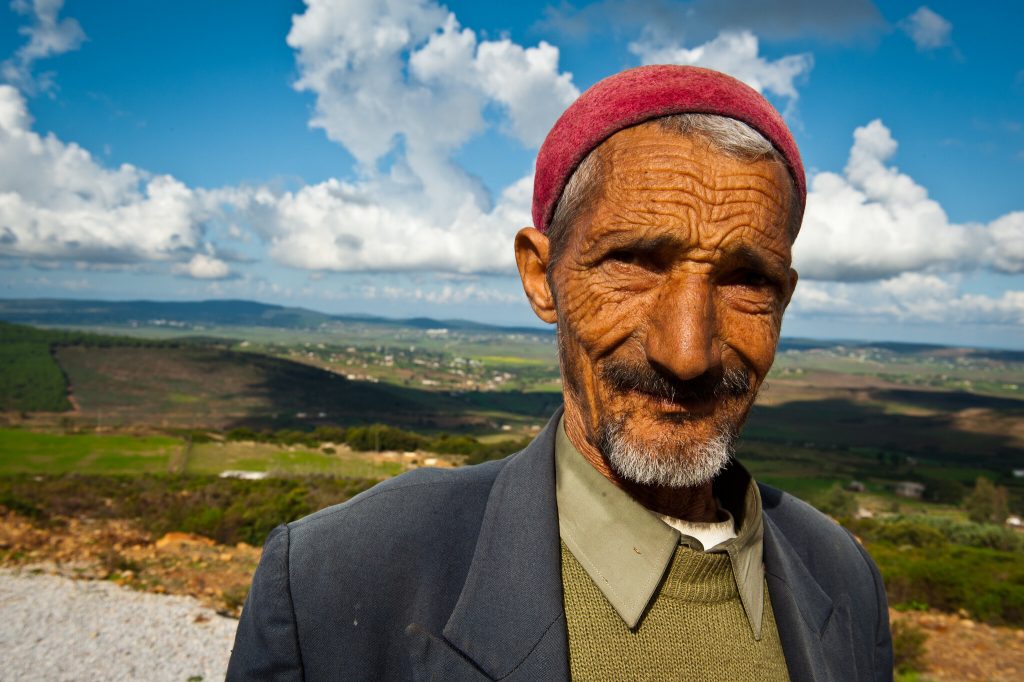GPSA projects
Improve Public Health Policies for Rural Women, Disabled and Vulnerable Citizens
Sector: Health
Executing Agency: Article 19 Tunisia
Open Society Foundations Parallel Grant: $200,000


Frame and Challenge
From 1994-2014, Tunisia achieved an average annual economic growth rate of 5%, but such growth has not equitably benefitted the country’s various regions, especially rural areas. Despite investments in the health and education sectors, the index of regional development further displayed this unbalanced attention. The country has only 29 doctors per 1000 inhabitants in centralized urban areas, while rural areas only display a rate of 45 doctors per 100,000 inhabitants.
Regulatory and institutional frameworks, public consultation, audits and control may sometimes exist in the country, but are not implemented, or are not in accordance with international standards. The right to information is enshrined in Law No 41-2011, but its implementation shows great weakness and citizens remain uninformed without proper dissemination of information. With the Tunisian context in mind, there emerged the necessity of a project which improved access to quality health services, using the Right to Information Act, tools and mechanisms of social accountability to strengthen the demand of information by citizens.
Solution
The project will strengthen and develop mechanisms and tools of Social Accountability in several governorates of Tunisia and build capacity for citizen’s participation in the identification, implementation and evaluation of public health and education investment process to improve the effectiveness of these investments and ensure better local governance. The project seeks to establish public consultation mechanisms; with a focus on citizens located far from health and education infrastructure, particularly women, who need protection of their reproductive health, the disabled and children with special needs, suffering or at risk of being affected by epidemics. The information generated will benefit relevant ministries, namely of Finance, Education, Health, Interior, including the directors of Local Authorities.
Outcomes
This project in Tunisia completed in 2016 after two years of implementation. With parallel funding from the OSF, Article 19 was able to achieve the following project results, including but not limited to that:
- 330 locals CSOs and journalists learned to raise public awareness of the Right to Information on problems in health service delivery.
- Rights awareness campaigns reached over 800 citizens, including rural women, who are now more familiar with the importance of accountability and participation.
- 115 health sector officials were trained on proactive data disclosure.
- A baseline assessment report was conducted to capture a snapshot of the health situation in concerned regions.
- The platform “Info 4 All” facilitates the proactive dissemination of and requests for official health service information. Thus far, over 90 requests have been submitted through the platform.
Lessons Learned
There were many lessons to be gleaned throughout and after project implementation. These lessons include but are not limited to, that:
- Reinforcing journalistic content and advocating the independent work of local communities to facilitate public awareness of the Right to Information Act (RTI) can help to popularize a culture of accountability and participation.
Learn more
Click on the following links to learn more about this and related-area projects:
Tunisia Project: Improving Access to Information and Service Delivery in Health and Education Sectors
Website: Article 19
